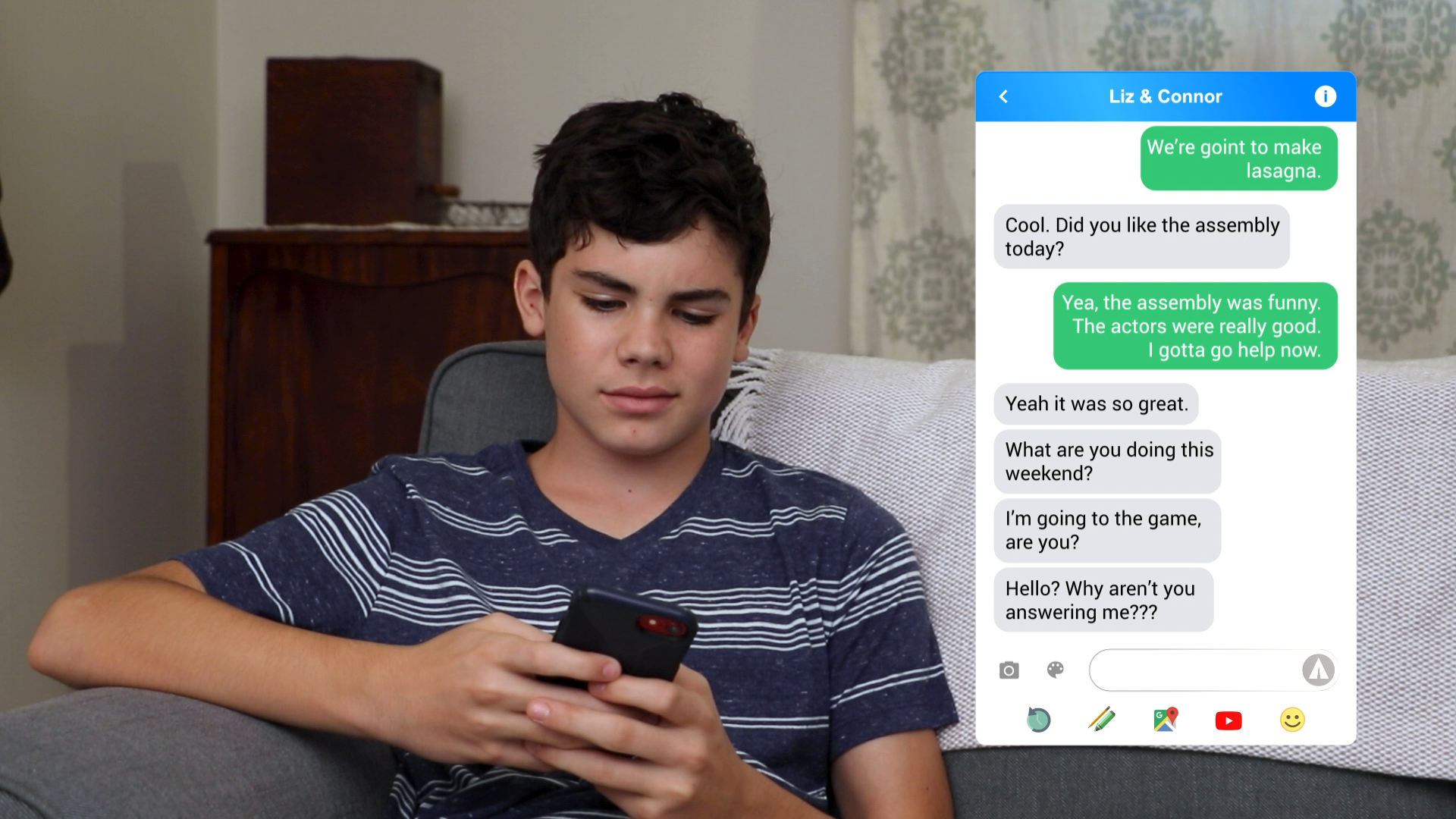
Introduction
Online communication has become an essential part of our daily lives, and it’s important for students in Special Education to develop their Cyber Skills. These skills help them navigate the digital world safely and effectively while building healthy relationships. In this blog post, we will discuss Cyber Skills for online messaging, an activity that requires no preparation, discussion questions, related skills, and next steps for educators.
No-Prep Activity: Role-Playing Online Messaging Scenarios
This activity is designed to help students practice using their Cyber Skills in a controlled environment. Educators can facilitate role-playing exercises where students take turns pretending to be two friends engaging in an online messaging conversation. Here’s how the activity works:
- Divide students into pairs.
- Provide each pair with a scenario that involves online messaging. For example, one student might need to ask the other about a homework assignment or make plans for the weekend.
- Ask students to take turns pretending to be the sender and receiver of messages, ensuring that they practice using their Cyber Skills during the conversation. Encourage them to think about what they want to say before sending a message, wait for a response, and share the conversation equally.
- After each role-play, facilitate a discussion about how the conversation went and what could be improved.
This activity helps students become more aware of their online messaging habits and provides a safe space to practice using their Cyber Skills effectively.
Discussion Questions
- Why is it important to think about what we’re going to say before we send a message online?
- How can waiting for a response and sharing the conversation equally help prevent misunderstandings and conflicts?
- What strategies can you use to ensure you’re being safe and responsible when talking to friends online?
- How can you apply the same communication skills you use in real life to online messaging?
- What are some potential consequences of not using your Cyber Skills effectively when communicating online?
Related Skills
Developing Cyber Skills for online messaging is just one aspect of helping students in Special Education become responsible digital citizens. Other relevant skills include:
- Online privacy: Understanding the importance of keeping personal information private and recognizing potential risks associated with sharing too much information online.
- Digital etiquette: Practicing good manners and respectful behavior when interacting with others online, including avoiding cyberbullying and being mindful of tone and language.
- Internet safety: Recognizing potential online threats and knowing how to protect oneself from them, such as phishing scams, malware, and inappropriate content.
Next Steps
Teaching Cyber Skills for online messaging is an essential component of helping students in Special Education develop healthy communication habits and become responsible digital citizens. To further support your students’ learning, consider signing up for free sample materials available at Everyday Speech. These resources can help you effectively teach Cyber Skills and other important social-emotional learning concepts to your students.

